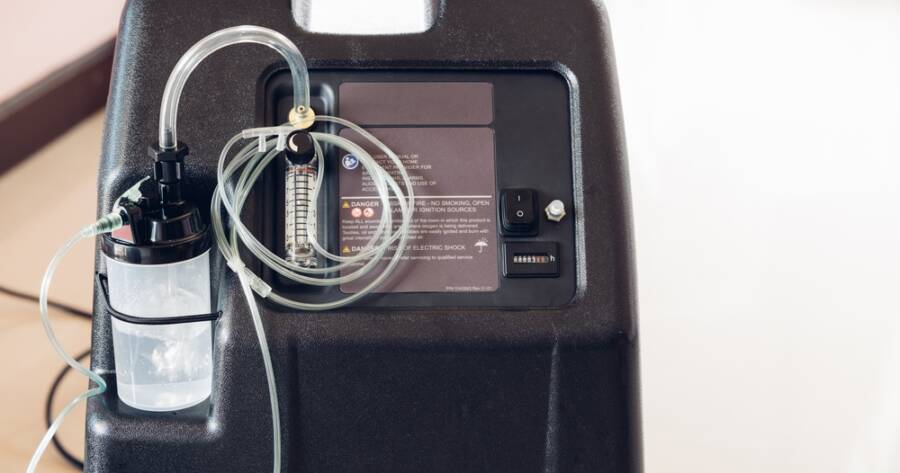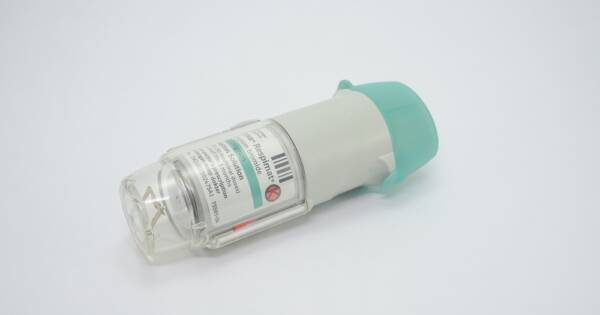Medicare coverage for oxygen concentrators is essential for patients with severe lung conditions like COPD or asthma, offering significant support through various Medicare parts. It simplifies access to durable medical equipment, though understanding specific eligibility criteria and cost responsibilities is crucial. From exploring types of covered equipment to maintaining safety standards, this comprehensive guide highlights the vital aspects and strategic considerations for effective and economical oxygen therapy management under Medicare.
Understanding Medicare Coverage for Oxygen Concentrators
Medicare Part B provides crucial coverage for individuals requiring oxygen therapy due to severe lung disorders like COPD, asthma, or heart conditions. This program primarily covers home oxygen therapy equipment under the durable medical equipment (DME) classification, which must be prescribed by a doctor to be deemed medically necessary for coverage to apply.
Medicare Part A similarly covers these costs if the patient is hospitalized, and under Medicare Part C or Medicare Advantage, the coverage mirrors that of Parts A and B to ensure comprehensive access to necessary treatments.
Details of Medicare Part B for Home Oxygen
After enrolling in Medicare Part B and meeting the required deductible, beneficiaries must still cover 20% of the Medicare-approved costs for home oxygen therapy equipment as detailed by the coverage terms.
The equipment rental is usually covered for 36 months, but can extend up to a total of five years if the medical necessity continues per Medicare guidelines. This includes coverage for the equipment’s ongoing maintenance and repair during the rental period.
Types of Covered Equipment
Medicare coverage encompasses various types of oxygen delivery systems, including compressed gas systems, liquid oxygen systems, and, in specific circumstances, portable oxygen concentrators to suit diverse medical needs.
These systems include tanks, tubing, and related accessories necessary for effective oxygen delivery to the patient. However, those who need portable oxygen concentrators and are looking to purchase will need to do so out-of-pocket, as Medicare typically does not cover these costs except in unusual scenarios.
Navigating Medicare Eligibility and Documentation
To qualify for oxygen therapy coverage under Medicare, certain medical conditions must justify the need. It requires comprehensive documentation from a doctor, demonstrating medical necessity through evidence and testing, such as arterial blood gas levels supporting the severity of the condition. Eligibility for Medicare itself typically mandates being 65 years of age or older, living with a disability, or having end-stage renal disease.
Maintaining Safety and Supply Needs
Medicare rules prioritize safety, urging patients to observe recommended practices while using oxygen equipment due to its flammable nature such as ensuring fire alarms are functional. Equally crucial is ensuring a steady supply, particularly for patients using oxygen tanks, which Medicare continues to cover through deliveries as long as the medical need persists. Suppliers are obligated to provide adequate supplies, emphasizing the importance of communication for those relocating or traveling to avoid disruptions.
Considerations for Long-term Oxygen Therapy
Medicare’s coverage for home oxygen therapy is systematized for long-term use, typically encouraging renting over purchasing equipment. This approach helps keep costs manageable while ensuring patients receive necessary maintenance and servicing as part of their rental agreement. It is vital for patients to factor in such cost structures, particularly given that 20% of costs will remain their responsibility even after Medicare has settled its share.
Why You Should Learn More About Accessing COPD Oxygen Support Through Medicare Today
With the right guidance, leveraging Medicare coverage can significantly mitigate costs associated with oxygen therapy for those with serious lung diseases like COPD. Whether dealing with inpatient needs, managing outpatient care with durable medical equipment, or considering portable options, understanding the specifics of coverage is critical.
The nuances of these processes, from eligibility to maintenance, play a vital role in choosing the most suitable and cost-effective approach to an individual’s oxygen therapy needs. Recognizing these options ensures better planning and peace of mind in accessing necessary medical support.
Sources
Medicare Coverage for Oxygen Equipment and Therapy
Understanding Home Oxygen Therapy Under Medicare




